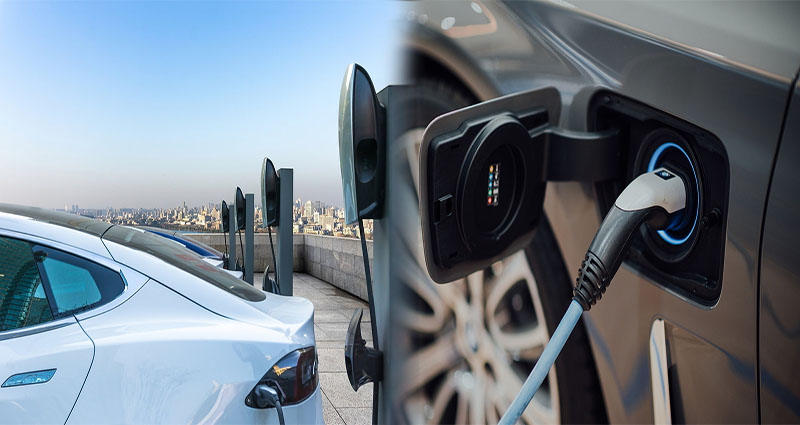As the world shifts towards a more sustainable future, the automotive industry has been at the forefront of innovation in sustainable transportation. Electric cars have revolutionized the way we think about performance and sustainability, offering cutting-edge technology and a greener, more efficient alternative to traditional gasoline-powered vehicles. In this article, we will explore how innovative electric car models are merging performance with sustainability to create a new era of eco-friendly driving.
Enhanced Performance
Electric cars have come a long way since their inception, offering impressive performance and handling that rivals even the most high-powered gasoline-powered vehicles. Modern electric cars feature powerful electric motors that provide instant acceleration and smooth, quiet operation. With no gears and no rev limits, electric cars offer a surge of power that propels drivers from 0 to 60 mph in seconds.
One of the most significant advances in electric car performance is the extended range. New battery technologies and charging infrastructure have made it possible for electric vehicles to travel hundreds of miles on a single charge, making them a viable option for long-distance travel. Moreover, electric motors have fewer moving parts meaning electric vehicles require less maintenance, providing even better performance compared to traditional internal combustion engines.
Sustainability Features
Electric cars offer a wide range of ecological benefits, including zero emissions, fuel efficiency, and low noise levels. Due to their reliance on electric power, electric cars produce zero emissions, making them an environmentally friendly alternative to traditional gasoline cars. Many electric car models have been manufactured with locally sourced, sustainable materials, including recycled plastics and vegan interiors.
Additionally, advanced technology, lightweight materials, and aerodynamic designs have been incorporated into electric car models to enhance their energy efficiency, reducing the consumption of energy both on the road and during the manufacturing process. Many electric cars are also equipped with regenerative braking systems, which capture the energy released when braking, storing it back into the battery system for future use.
Innovative Features
The sustainability-focused philosophy of electric cars has led to the development of innovative features to enhance sustainability even further. For example, some electric car models are integrated with solar panels on the roof panels or sunshades to charge the batteries autonomously. Additionally, some models come with smartphone apps that allow drivers to monitor battery state, track energy consumption and more.
Moreover, many electric cars come equipped with advanced driver assistance systems, innovative infotainment systems and futuristic designs. These features enhance not only the sustainability aspect of electric cars but the overall driving experience, making electric cars an attractive and compelling alternative to conventional gasoline-powered vehicles.
Innovative electric car models offer an excellent example of how performance and sustainability can be merged to create a new era of eco-friendly driving. With cutting-edge technology, new battery technologies, and advanced construction techniques, electric cars have come a long way, providing remarkable performance and handling that rivals traditional gasoline-powered vehicles. Additionally, sustainability features such as zero emissions, regenerative braking systems, and locally sourced materials have significantly enhanced electric cars’ energy efficiency and ecological benefits.
As electric cars continue to evolve, it is exciting to envision a future where sustainable transportation is not only beneficial to the environment, but also provides exciting and innovative solutions for drivers. From the enhanced performance to the innovative features, electric cars represent a new era of driving, merging performance and sustainability in an incredibly compelling way.










